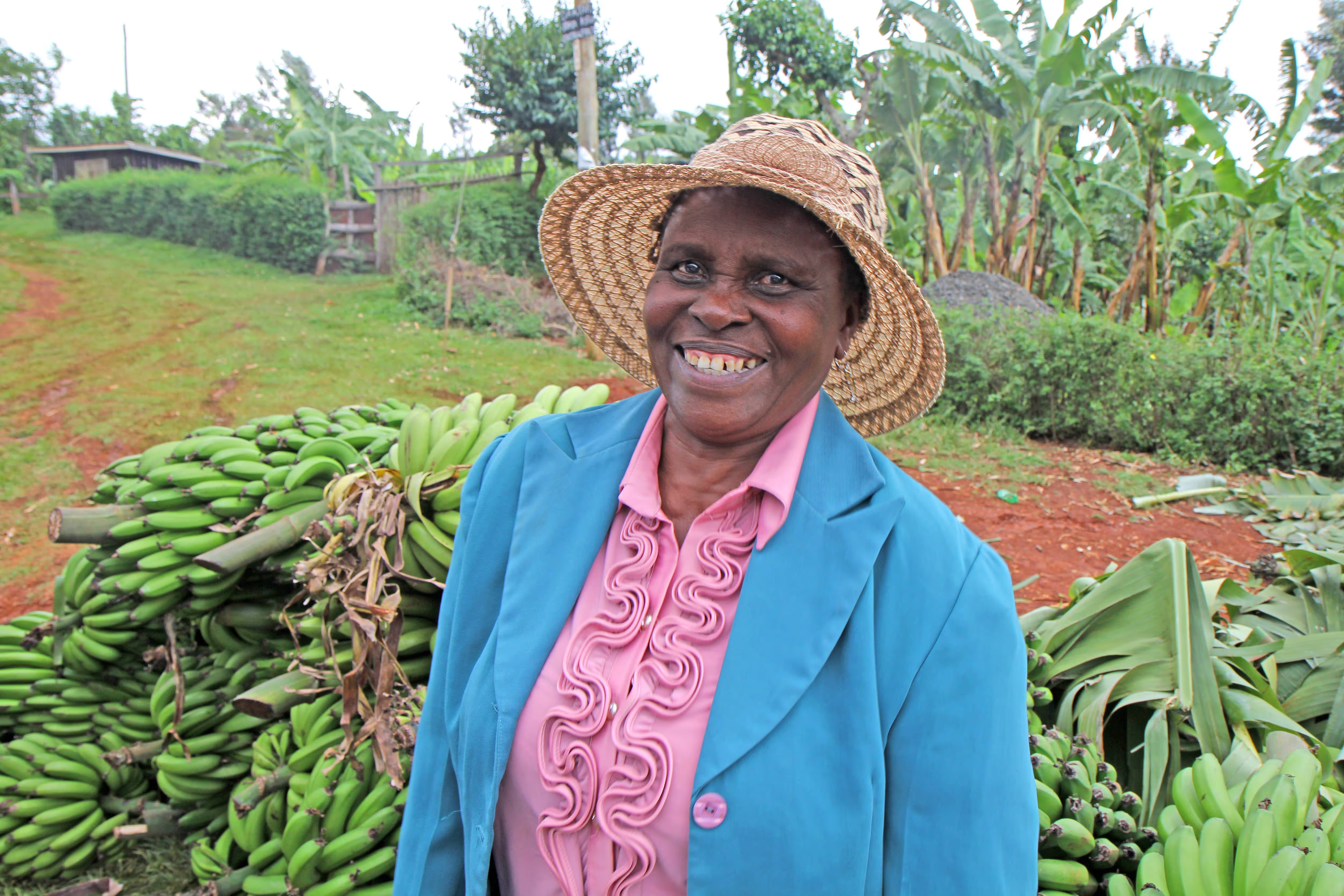Methodologies & Tools
We use a range of approaches to assess constraints at the micro and macro levels of economic development and design effective interventions.
Before embarking on private sector development work, we undertake research to ensure that our interventions are rooted in a strong understanding of the operational context. Clients expect projects to deliver sustainable change, and we are well versed in adopting a market systems development (MSD) approach. The MSD framework enables the mapping of relevant ecosystems and the development of an understanding of market players’ incentives to identify effective levers of change.
Political economy analysis (PEA) is an important element of preparation for MSD, and more generally to map where power and influence lie to inform project design, particularly when working in the business enabling environment. Value chain analysis (VCA) is another methodology frequently deployed to identify where capacity and resource gaps are limiting economic development and inhibiting market linkages and business partnerships. These tools, along with many others, are the foundation of good project design and are at the heart of our successful PSD programmes.

Territorios Forestales Sostenibles (TEFOS) Pillar 3
FUNDER
FCDO
DURATION
11/2022 - 12/2027
METHODOLOGY
Political Economy Analysis
TEFOS 3 is a flagship multi-year programme funded by the UK Government in Colombia. It aims to reduce deforestation in priority areas affected by the armed conflict by working through three main components: value chain development for forest products, including the facilitation of public-private partnerships to improve the commercialisation and market access for sustainable products and services; conservation; and sustainable forest management.
Considering the fragile nature of the context of operation, TEFOS 3 conducted a Political Economy Analysis (PEA) to evaluate all possible intervention approaches. The PEA sought to better understand the political, institutional, and economic dynamics at play that contribute to deforestation, biodiversity loss, and poverty, and highlighted the importance of the development of the value chain for local forest and agriculture products as a potential solution. It also identified the challenges and opportunities present at institutional and community levels, examined the progress of negotiation processes with illicit armed groups active in the territory, and identified intervention mechanisms for the project, with this context in mind.

MSD Helpdesk
FUNDER
Sida
DURATION
Phases I-IV: 07/2020 - 12/2026
METHODOLOGY
Market Systems Development
NIRAS and Agora Global Ltd have been implementing Sida’s Market Systems Development (MSD) Helpdesk since 2020 in four separate contracts across a wide range of geographies. The Helpdesk has received high client satisfaction and through cooperating with senior MSD experts around the world, has implemented over 88 short-term assignments. The work has ranged from: support to strategy development; portfolio reviews for embassies; delivering MSD trainings and workshop; supporting MSD specific monitoring and evaluation methods and systems; and developing website content. The project also supported Sida in setting up an open access MSD toolbox that can be used by anyone to integrate MSD perspectives in their work.
increased productivity, job creation and revenue
+88
short-term assignments

Agricultural Sector Development Support Programme (ASDSP) Phases I & II
FUNDER
Ministry of Agriculture and Livestock
DURATION
Phase 1: 07/2012 - 08/2017
Phase 2: 02/2019 - 05/2024
METHODOLOGY
Value Chain Analysis
ASDSP delivered sustainable development of Kenyan crop, livestock, and fish production to improve incomes and food and nutrition security with a particular focus on women and youth inclusion. It employed value chain analysis as a critical tool, conducting thorough analyses of market dynamics and identifying policy constraints. Early on in phase 1 of the programme, Kenya’s 47 counties prioritised three value chains each that were used in the entire implementation of ASDSP’s two phases, with NIRAS providing technical assistance for both phases. The programme facilitated interactions between value chain players, including producers, processors, and marketers to improve performance as well as connecting them to private and public service providers to strengthen linkages. In addition, value chain platforms were created to improve consultation between government and the private sector, and initiatives to improve access to market, such as a mobile app to disseminate market information, were implemented.

